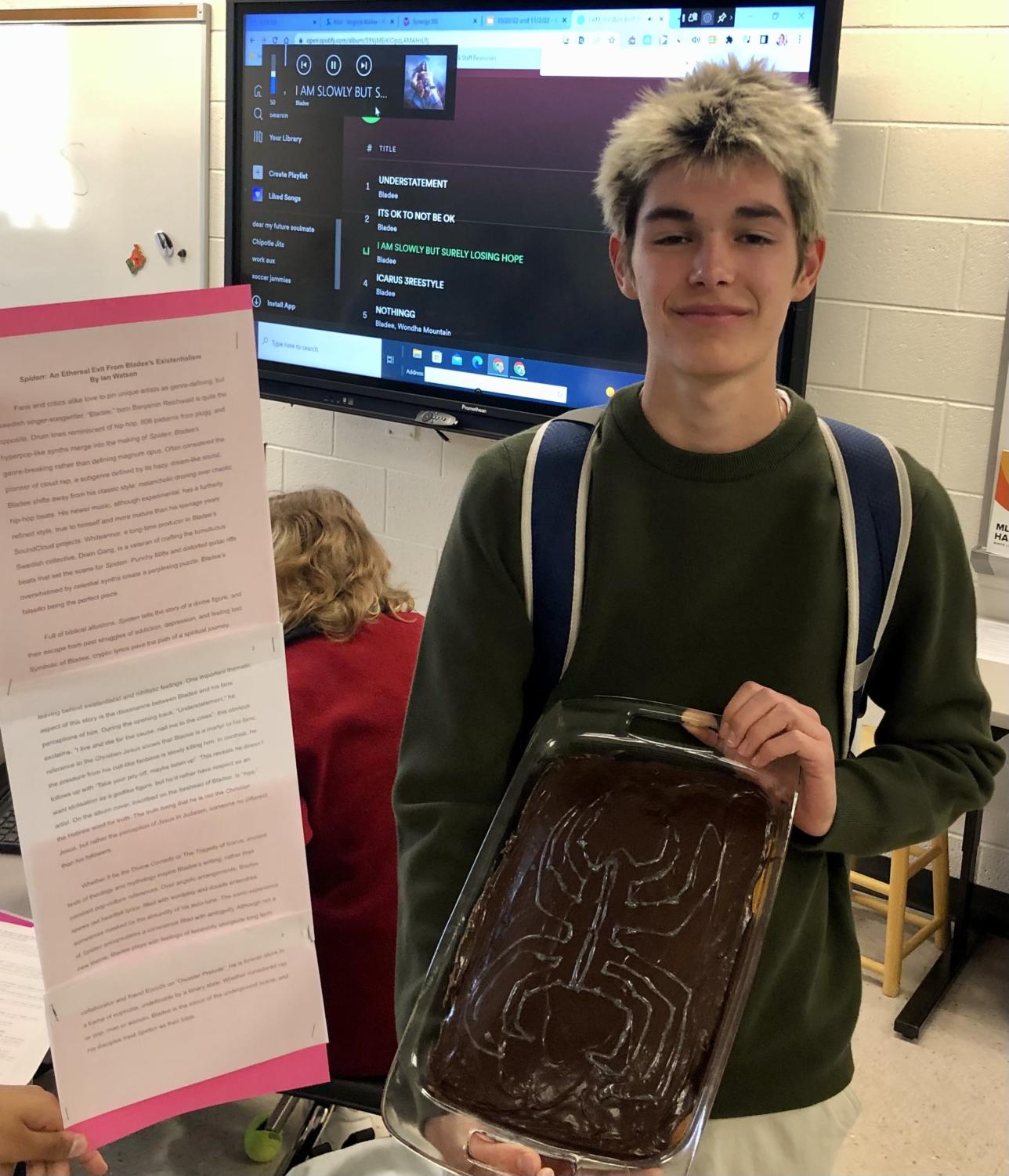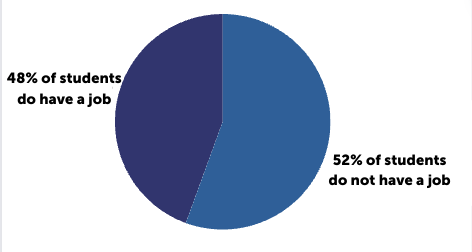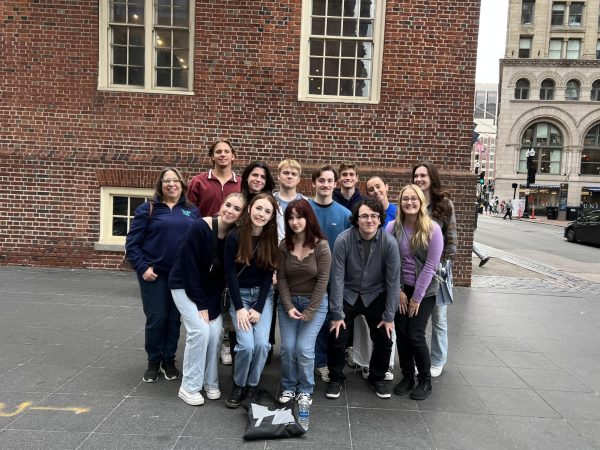Spiderr: An Ethereal Exit From Bladee’s Existentialism

Fans and critics alike love to pin unique artists as genre-defining, but Swedish singer-songwriter, “Bladee,” born Benjamin Reichwald is quite the opposite. Drum lines reminiscent of hip-hop, 808 patterns from plugg, and hyperpop-like synths merge into the making of Spiderr, Bladee’s genre-breaking rather than defining magnum opus. Often considered the pioneer of cloud rap, a subgenre defined by its hazy, dream-like sound, Bladee shifts away from his classic style: melancholic droning over chaotic hip-hop beats. His newer music, although experimental, has a furtherly refined style, true to himself and more mature than his teenage years’ SoundCloud projects. Whitearmor, a long-time producer in Bladee’s Swedish collective, Drain Gang, is a veteran of crafting the tumultuous beats that set the scene for Spiderr. Punchy 808s and distorted guitar riffs overwhelmed by celestial synths create a perplexing puzzle, Bladee’s falsetto being the perfect piece.
Full of biblical allusions, Spiderr tells the story of a divine figure, and their escape from past struggles of addiction, depression, and feeling lost. Symbolic of Bladee, cryptic lyrics pave the path of a spiritual journey, leaving behind existentialist and nihilistic feelings. One important thematic aspect of this story is the dissonance between Bladee and his fans’ perceptions of him. During the opening track, “Understatement,” he exclaims, “I live and die for the cause, nail me to the cross”; this obvious reference to the Christian Jesus shows that Bladee is a martyr to his fans; the pressure from his cult-like fanbase is slowly killing him. In contrast, he follows up with “Take your pity off, maybe listen up”. This reveals he doesn’t want idolisation as a godlike figure, but he’d rather have respect as an artist. On the album cover, inscribed on the forehead of Bladee, is “אֱמֶת,” the Hebrew word for truth. The truth being that he is not the Christian Jesus, but rather the perception of Jesus in Judaism, someone no different than his followers.
Whether it be the Divine Comedy or The Tragedy of Icarus, ancient texts of theology and mythology inspire Bladee’s writing, rather than constant pop-culture references. Over angelic arrangements, Bladee spews out heartfelt lyrics, filled with wordplay and double entendres, sometimes masked by the absurdity of his auto-tune. The sonic experience of Spiderr encapsulates a conscience filled with ambiguity. Although not a new theme, Bladee plays with feelings of femininity alongside long term collaborator and friend Ecco2k on “Disaster Prelude”. He is forever stuck in a frame of euphoria, undefinable by a binary state. Whether considered rap or pop, man or woman, Bladee is the savior of the underground scene, and his disciples treat Spiderr as their bible.
Your donation will support the student journalists of Woodgrove High School. Your contribution will allow us to purchase equipment, attend conferences, and cover our annual printing and website hosting costs.

















